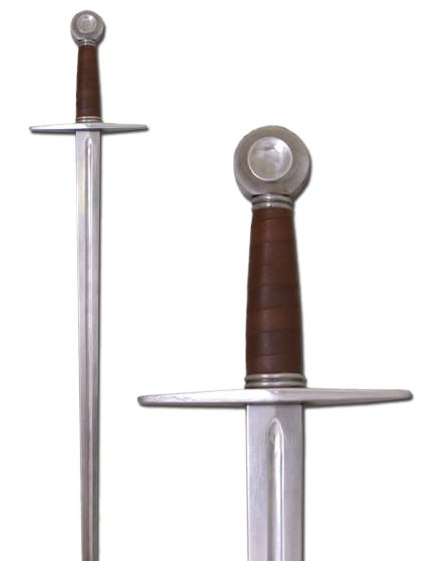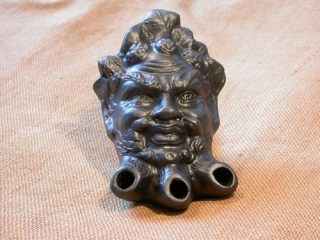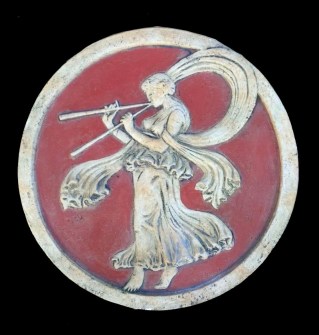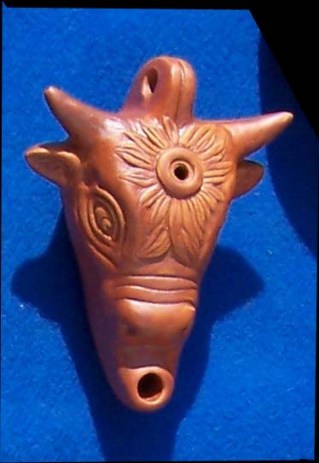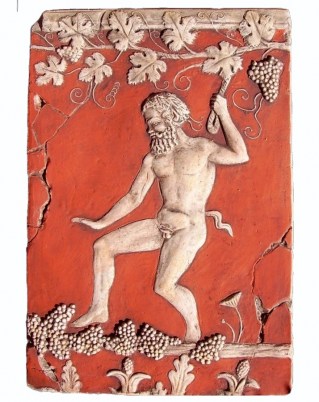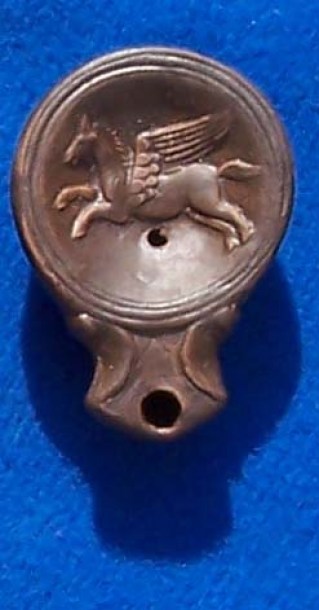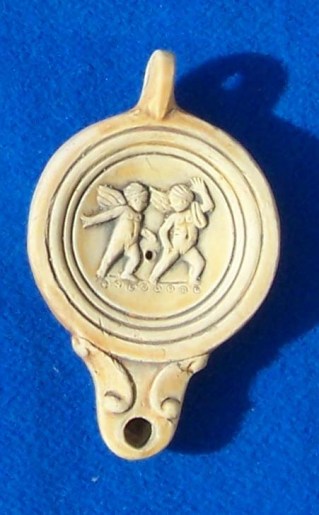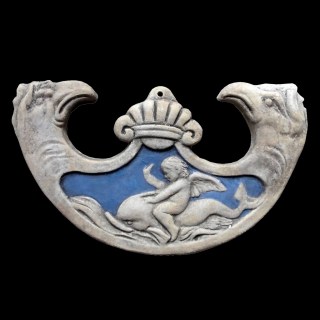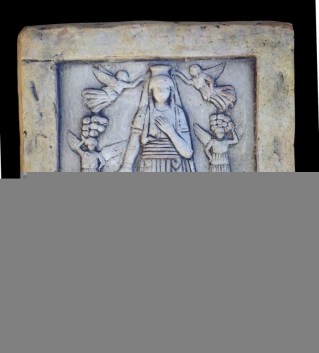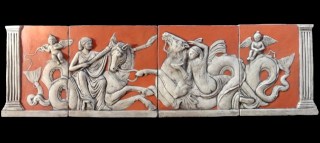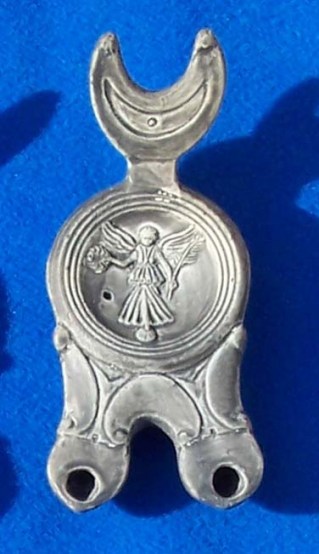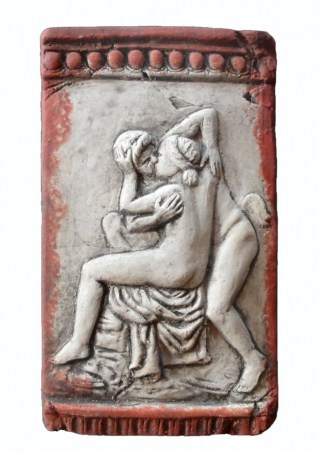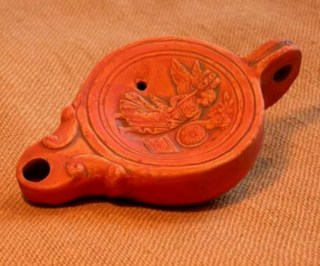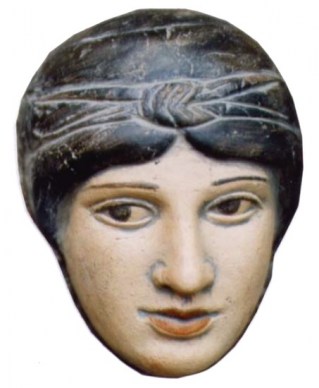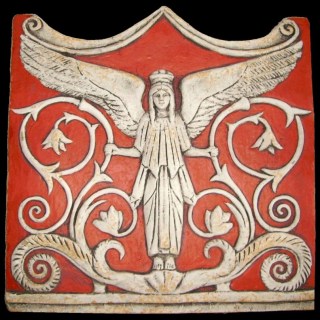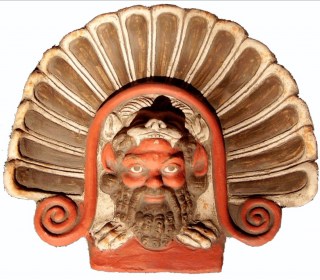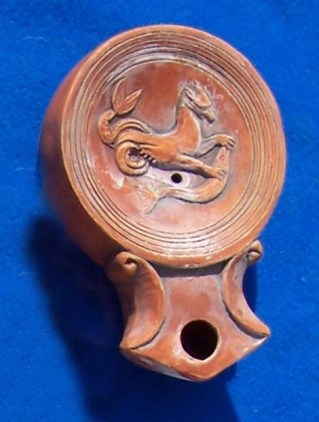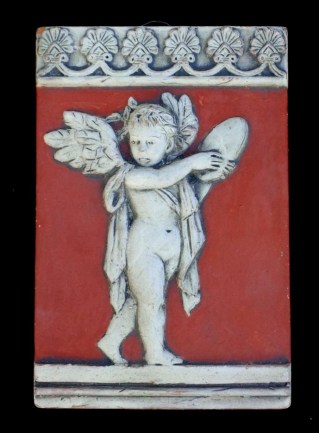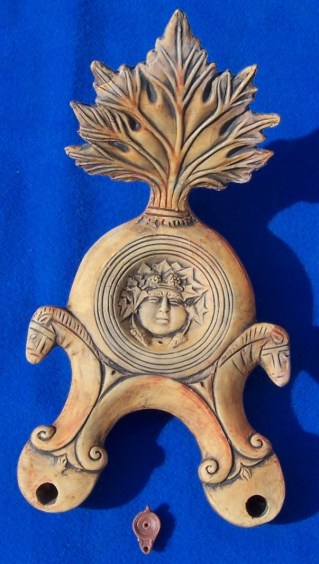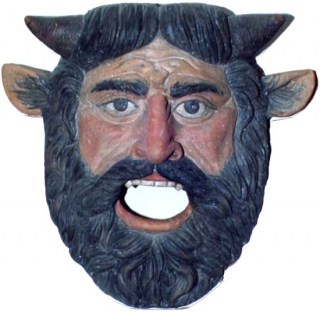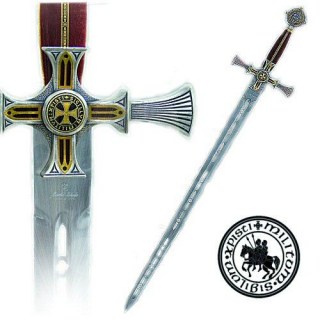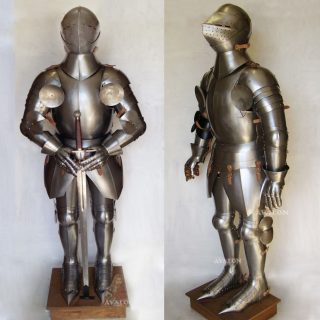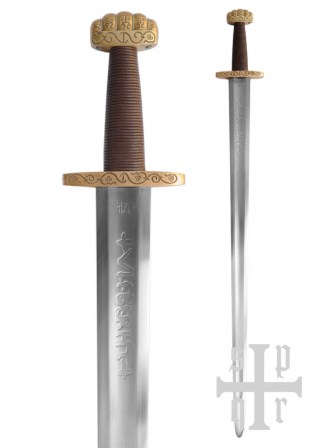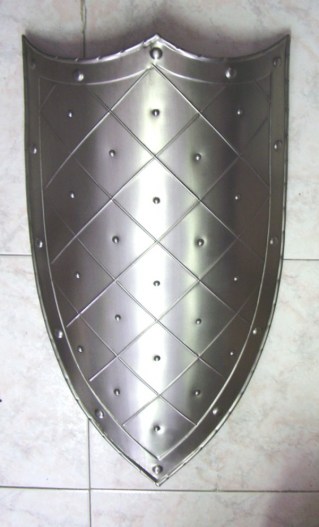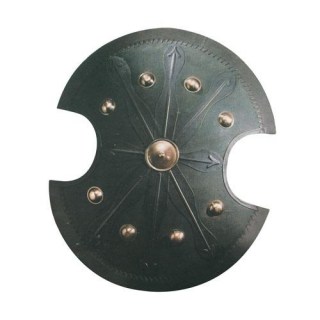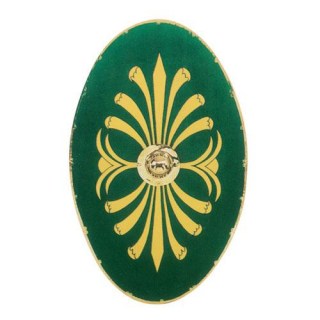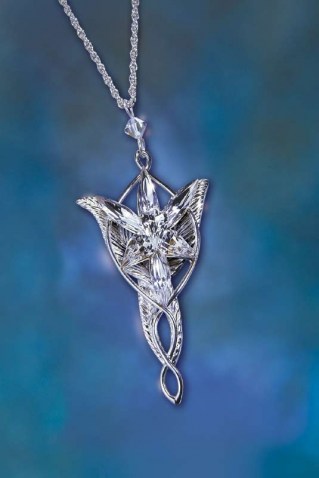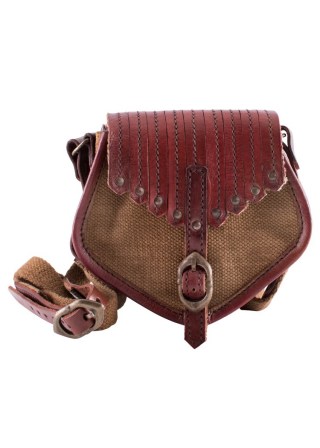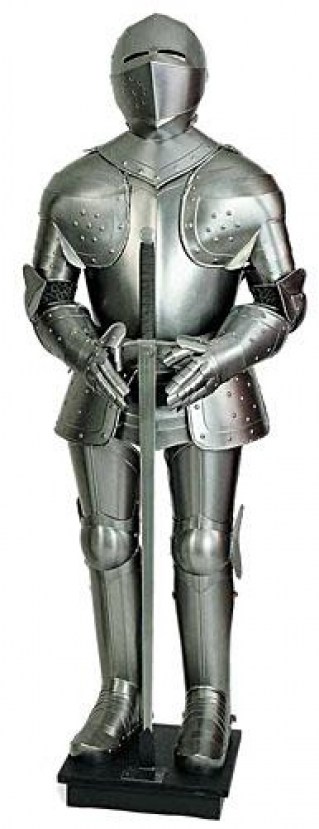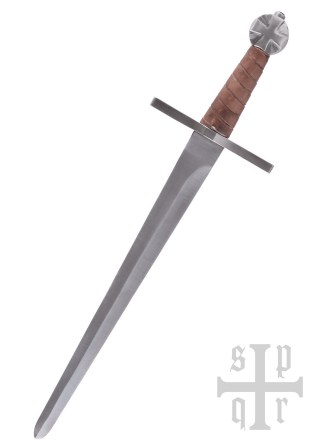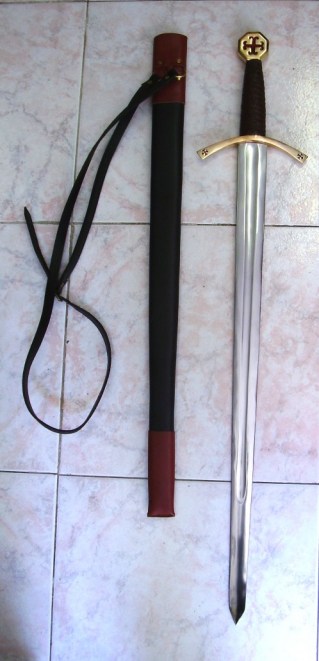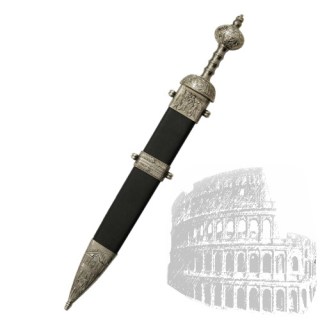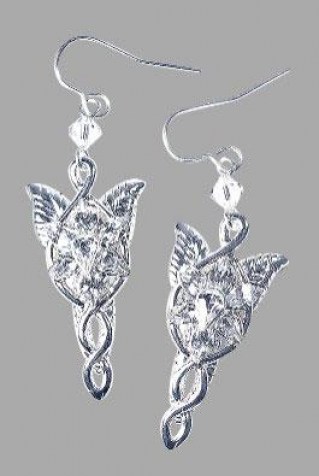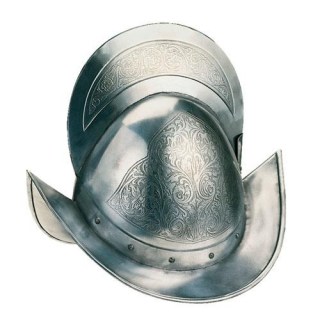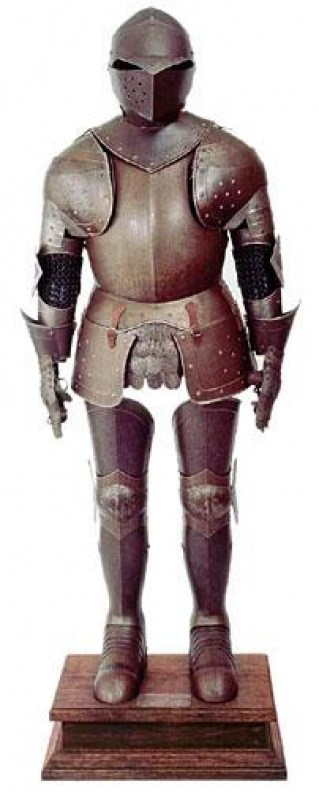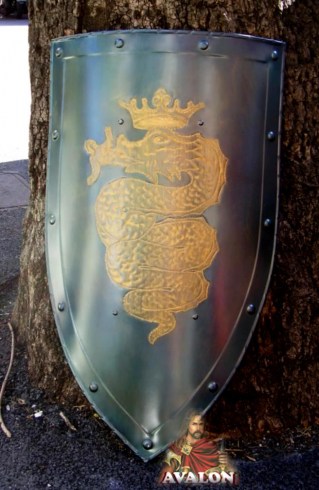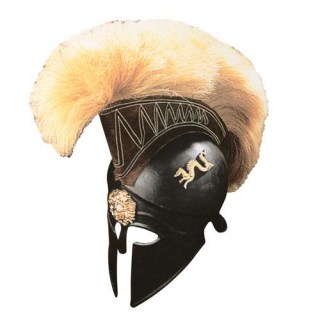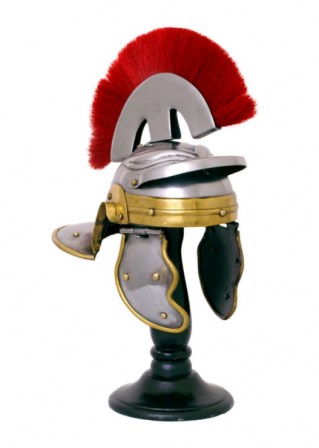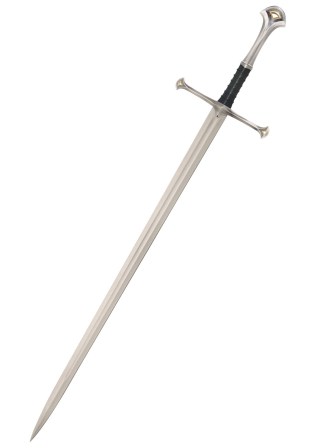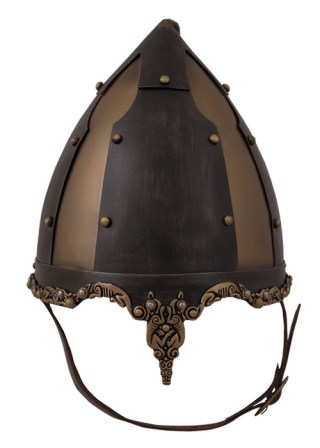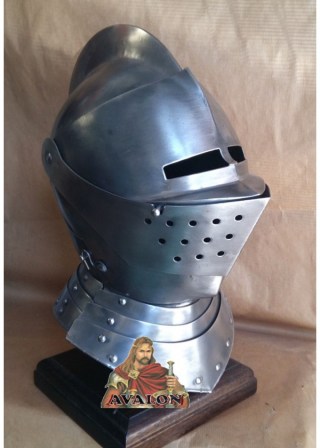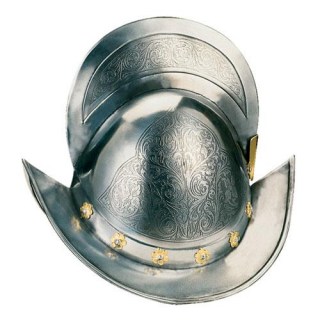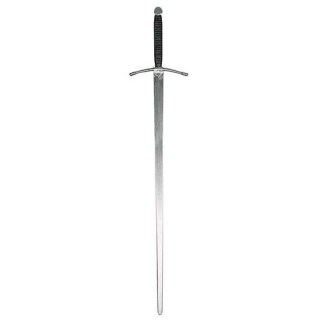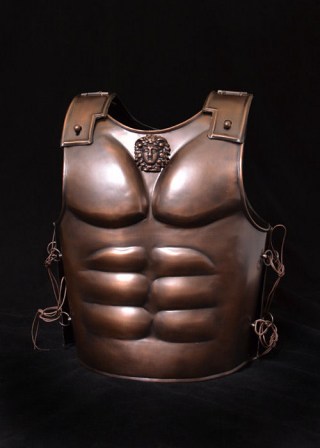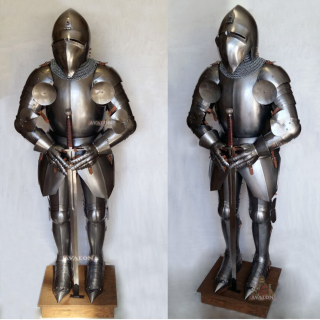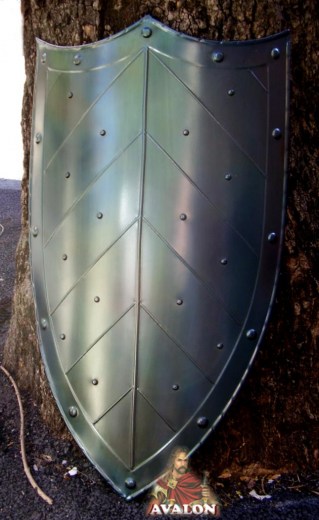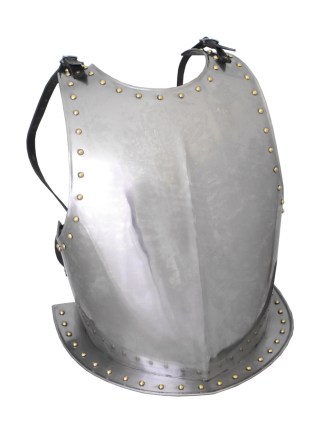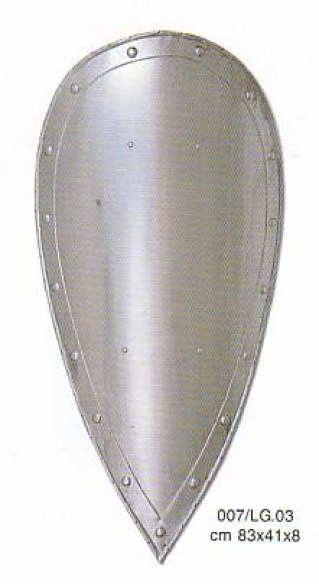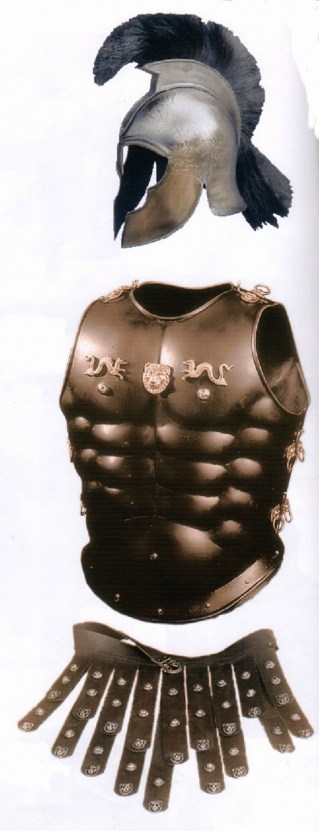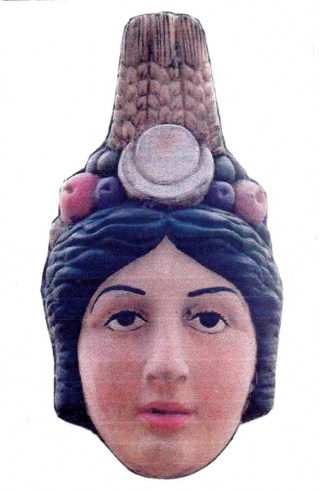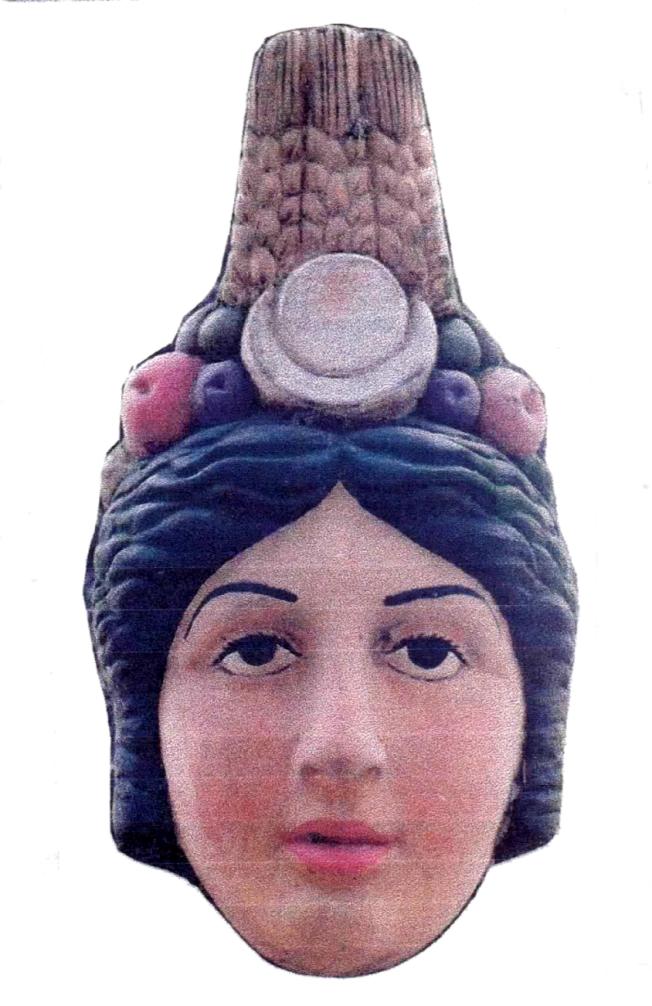 cerere_aquileia_21_15.jpg
cerere_aquileia_21_15.jpg

Your Cart : 0
item
Total : 0,00 €
Your Cart is currently empty!
do Login
Registration
do Login |
|
|
 Store
Store Medieval Armour
Medieval Armour All of our functional Medieval Armours you can choose which type of steel you would like it made from and can be made in different gauges of steel. All our Medieval Armor are fully functional and are adjustable for a comfortable fit. We have a variety of options that you can choose from to design your Medieval Armours.
All of our functional Medieval Armours you can choose which type of steel you would like it made from and can be made in different gauges of steel. All our Medieval Armor are fully functional and are adjustable for a comfortable fit. We have a variety of options that you can choose from to design your Medieval Armours. This page highlights full medieval armor wearable. All the medieval armor are handmade in Italy and each armor sets up in minutes on its own wood base. Our medieval replica armor follow original designs very closely of the museums. Each Medieval armor comes complete with stand on its own wood base as show.
Functional Armour
The Functional Armour during the Middle Ages and the Renaissance have undergone many changes, because in the Middle Ages the art of making medieval battle ready Armour was highly developed, the various knights and nobles of the time had developed his own style in the armor, as if they participate in a competition well as military also style. And it is for this reason that in the section medieval armor is so large and full of different styles. This armours is produced in Italy, faithful to the ancient artisan tradition of Italian gunsmiths, from the Middle Ages that has been passed down from generation to generation and has come down to us.
Decorative Armor
This page highlights medieval armor decorative. All the medieval armor are handmade in Italy or Spain and each armor sets up in minutes on its own wood base.
Each Medieval armor comes complete with stand on its own wood base as show.
Medieval Cuirass - Breastplate
A Functional Cuirass and breastplate is a device worn over the torso to protect it from injury. All of our functional Cuirasses and breastplate, you can choose which type of steel you would like it made from.
The Cuirass refer to the complete torso-protecting armour.
The Breastplate is the front portion of plate armour covering the torso
The breastplate is the front portion of plate armour covering the torso, in ancient times was usually made of leather, bronze or iron in antiquity.
Around 1000 AD knights of the period were wearing mail in the form of a hauberk over a padded tunic.
During the 13th century, Plates protecting the torso, plates directly attached to a knightly garment known as the surcoat. True breastplates reappear in Europe in 1340 first composed of wrought iron and later of steel.
Around 1400, these early breastplates only covered the upper torso with the lower torso not being protected by plate until the development of the Fauld (Faulds) are a piece of plate armour worn below a breastplate to protect the waist and hips. They take the form of bands of metal surrounding both legs, potentially surrounding the entire hips in a form similar to a skirt.
Around 1450, the breastplate had expanded to cover the entire torso and could consist of one or two plates: the French term pancier, which became English pauncher and German panzer.
Components of medieval armour - protection of the torso: Breastplate, Brigandine, Cuirass, Culet, Pauncer, Plackart, Fauld, Hauberk.
Arm Armour
All of our functional Medieval Protection of the arms, you can choose which type of steel you would like it made from and can be made in different gauges of steel. All our steel Arm Armour are fully functional and are adjustable for a comfortable fit.
Spaulders are pieces of armour in a harness of plate armour, they are steel covering the shoulder with bands (lames) joined by straps of leather or rivets.
Pauldrons cover the shoulder area, tend to be larger than spaulders, covering the armpit and parts of the back and chest. A pauldron typically consists of a single large dome-shaped piece to cover the shoulder (the "cop") with multiple lames attached to it to defend the arm and upper shoulder. On some suits of armour, especially those of Italian design, the pauldrons would usually be asymmetrical, with one pauldron covering less (for mobility) and sporting a cut-away to make room for a lance rest.
The usage of a lance rest can be more readily gleaned by looking at the French term "arrêt", or "arrest". The lance rest was not used to simply hold the weight of the lance, as the English name might suggest, but to arrest the rearward movement of the weapon.
Leg Armour
All of our functional Medieval Protection of the Legs, you can choose which type of steel you would like it made from and can be made in different gauges of steel. All our steel Leg Armour are fully functional and are adjustable for a comfortable fit.
Poleyn - Plate that covers the knee, often with fins or rondel to cover gaps.
Schynbald - Plate that covered only the shins, not the whole lower leg.
Cuisse - Plate that cover the thighs, made of various materials depending upon period.
Sabaton or Solleret - Covers the foot, often mail or plate.
Tasset or Tuille - Bands hanging from faulds or breastplate to protect the upper legs.Medieval Gauntlets
These wearable functional Medieval Gauntlets are fully articulated plate armour. You can choose the size, color, steel and gauge thickness. Functional gauntlets with an extended cuff covering part of the forearm. We have a variety of options that you can choose from to design your gauntlets.
Chain Mail
Chainmail is a type of armour consisting of small metal rings linked together in a pattern to form a mesh.
With these rings may form different types of armor: an aventail or camail is a flexible curtain of mail attached to the skull of a helmet that extends to cover the throat, neck and shoulders. Part or all of the face, with spaces to allow vision, could also be covered. Butted Mild Steel, Butted Spring Steel, Round Rings Riveted, Flatring Round Rivets, Flatring Wedge Rivets, Light mail, Roman mail
Functional Gorgets
Gorgets, Bevors, Collins and Chainmail Médiéval, collar designed to protect the throat, a set of pieces of plate armour, or a single piece of plate armour hanging from the neck and covering the throat and chest.
Medieval Shields
Reproduction medieval shields of iron and wood for historical re-enactment of medieval and exposure. Heraldic shields and almond scapezzati, and also the famous wheels of war with battle scenes engraved with a burin or etching. Battle shields, armor shields to be used with armor, medieval, Shields, cross and shield, Templar shields, medieval shields.
 Terracottas Museum Pompeii
Terracottas Museum Pompeii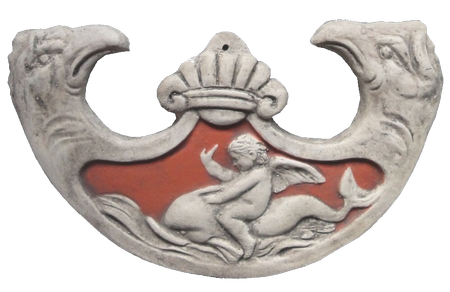 This collection of terracotta sculptures repeats reproductions of ancient art, artifacts found in the most important archaeological sites in the Mediterranean basin belonging to the civilization of Greek, Etruscan and Roman. Terracottas Antiquities Museum Pompeii Herculaneum. The reproductions of terracotta are hand made, following with great care and attention the traditional techniques.
This collection of terracotta sculptures repeats reproductions of ancient art, artifacts found in the most important archaeological sites in the Mediterranean basin belonging to the civilization of Greek, Etruscan and Roman. Terracottas Antiquities Museum Pompeii Herculaneum. The reproductions of terracotta are hand made, following with great care and attention the traditional techniques. Medieval Helmets
Medieval Helmets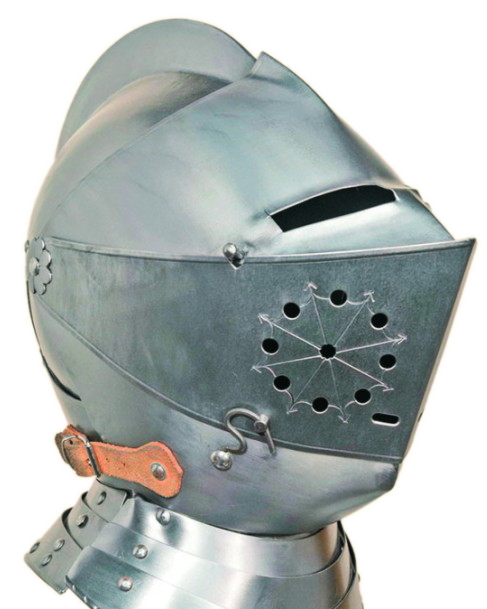
List of the helmets in production: Cervelliere, Spangenhelm, Nasal helmet, Bascinet, Barbute, Close helmet, Combat helmet, Great helm, Coppergate Helmet, Coventry Sallet, Frog-mouth helm, Horned helmet, Kettle hat, Visor (armor).
The Medieval helmet of the ninth and tenth century do not differ substantially from those of the Romans. Typical of this period is the Cervelliere Helmet. Towards the end of the 12th century. He begins the dualism between Bascinet, which is linked to the helmet Cervelliera and from which derive the following helmets to war, and the real combat helmet, which will develop the helmets knight tournament, and parade. In the 13th century. helmet became more closed and eventually cover the entire scalp; characteristic is the helmet cylinder-conical holes for breathing, with one or two horizontal slits for the eyes. In the 14th century. the helmet is developing increasingly perfecting the defensive point of view; often with the addition of the Cervelliere chainmail was reinforced, which grew into Barbute; Bascinet was added to the visor, it is particularly heavy helmets used in the most brutal fighting. This page highlights medieval helmets wearables. Our medieval replica helmet follow original designs very closely of the museums.
reproductions of medieval helmets looks like it came out of a museum.
Cervelliere Helmets
A cervelliere is a helmet hemispherical, close-fitting skull cap of steel, It was worn as a helmet during the medieval period.
Viking Helmets
Viking helmets have been excavated from only three sites: Gjermundbu in Norway, Tjele Municipality in Denmark and Lokrume in Sweden. It is possible that many of the Viking helmets were made from iron and was in the shape of a rounded or peaked cap made from four plates after the spangenhelm pattern. This helmet has a rounded cap and has a "spectacle" guard around the eyes and nose which formed a sort of mask, in addition to a possible mail aventail. The eye guard in particular suggests a close affinity with the earlier, Vendel Period helmets. From runestones and other illustrations, it is known that the Vikings also wore simpler helmets, often caps with a simple noseguard.
 Medieval Helmets - Viking helmets
Medieval Helmets - Viking helmets Casques Médiévaux - Casques Vikings
Casques Médiévaux - Casques Vikings
 Helme Ritterhelme - Wikingerhelme
Helme Ritterhelme - Wikingerhelme
 Elmi Medievali - Elmi Vichinghi
Elmi Medievali - Elmi VichinghiNorman Helmet
The Norman Helmet - nasal helmet would usually have been worn over a mail coif, which protected the lower parts of the head, throat and neck. The coif could be a separate item of armour or be formed as an extension of the mailcoat itself. The existence of rivets and holes around the lower edge of these helmets indicate that they were lined in some manner, though no linings as such have survived.
Great Helm - Knights Templars Helmet
The Great Helm or heaume is a helmet of the High Middle Ages which arose in the late twelfth century in the context of the Crusades the great helm or heaume also called pot helm, is a helmet of the High Middle Ages and remained in use until the fourteenth century. They were used by knights and heavy infantry in most European armies between about 1220 to 1540 AD.
Bascinets Helmets
The bascinet (also bassinet) is a war helmet of 14th-century It can be considered as a specialised form of the Cervelliere.
Worn with an aventail then later with a gorget. often worn without a visor, A visor (face guard) was often employed from ca. 1330 to protect the exposed face. Visors on English bassinets have a hinge at each side whereas German bassinets have a single hinge attached at the middle.
Barbutes Helmets
The Barbute helmet is the Italian variation of the sallet, is the helmet's downward extension, fully covering both sides of the fighter's face. The barbute helmet feature a low ridged crest forged into the top of the helmet's skull which serves to strengthen the helmet. A barbute it can be considered as a specialised form of the sallet. A barbute is a war helmet of 15th-century Italian design. The barbute resembles classical Greek helmets, (e.g. Corinthian helmets) and may have been influenced by the renewed interest in ancient history and arts. The barbute helmet, circa 1470, T-shaped (Y-shaped or arch-shaped), opening for the eyes and mouth, slit for vision and breathing.
Kettle Hats
The kettle hat were first produced in England around 1011, is a type of helmet made of steel in the shape of a brimmed hat. The Kettle hats were very popular with foot soldiers in Central Europe during the 10th and 15th century. A kettle hat is a type of helmet in the shape of a brimmed hat, its name from its resemblance to a metal cooking pot. These helmets were very popular with the cavalry, e.g.. Pikemen or crossbowmen. The Kettle hat used by armies throughout Medieval Europe until the eventual adoption of helmets such as the cabasset.
Sallets Helmets
The sallet (also called salade and schaller) is first produced in Italy around mid-15th century was a war helmet that replaced the bascinet during the mid-15th century. in western and northern Europe was also popular, but in Germany the sallet became almost universal.
Knight Helmet - Armet
The Knight Helmet - Armet is a war helmet of 15th-century. It was extensively used in Italy, France, England, the Low Countries, Spain and Hungary
It was extensively used in Italy, France, England, the Low Countries, Spain and Hungary.
The typical armet consisted of four pieces: a bowl helmet that encloses the entire head with the use of hinged cheek plates that fold backwards.
 Swords
Swords Reproductions of Medieval-style swords made of cast metal adorned with symbols characteristic of the Knights with a special focus on ancient and medieval world. Ancient Weapon.
Reproductions of Medieval-style swords made of cast metal adorned with symbols characteristic of the Knights with a special focus on ancient and medieval world. Ancient Weapon.Medieval Swords
Reproductions of medieval swords, ancient swords of all ages, medieval swords for sale, one-handed swords, two-handed swords, faithful historical reproductions. Reproductions of ancient weapons of every epoch with a particular attention toward the ancient and medieval world.
Battle-ready Daggers
Decoration daggers, Battle-ready daggers, Sharp daggers, Pugiones, Seaxes, Accessories.
Rapier
A Rapier is a sharply pointed sword, used mainly in Early Modern Europe during the 16th and 17th centuries, best suited for thrusting attacks.
 Greeks & Romans
Greeks & Romans
Reproductions Greek & Roman armour: helmets, gladi, ancient swords, breastplates segmented Cingulum Roman Scutum from legionnaire armor, spears, Ocreas Thraex, pugio and many other items made with care and skill of Italian artisans who can work with wood and forged iron. Armor and arms of ancient Rome and ancient Greece can be used for Stage re-enactments, Roman event, theate.Roman Armours
The Roman armour - full armour of a soldier the of Roman Republic and Empire, i.e.
- helmet, various form, the Coolus helmet, Montefortino helmet, and Imperial helmet.
- Lorica (armour), including: Lorica hamata (mail armour), Lorica manica (arm guards), Lorica plumata (a form of scale armour resembling feathers), Lorica segmentata (segmented armour), Lorica squamata (scale armour).
- The greaves.
- The balteus, the belt worn by the Roman legionary
- Caligae, heavy-soled military shoes or sandals which were worn by Roman legionary soldiers
- The tunic - The lance
- The paludamentum, a cloak
- The shieldRoman Helmets
The function of Elmo Roman was to cover the soladato Roman in the fighting, The Roman helmet underwent numerous changes over the course of twelve centuries of life, from the helmet to helmet Montefortino Coolus Roman, from the helmet imperial who distinguished themselves in Gallic and italics.
Roman Gladius
Roman Gladius is the general Latin word for sword. In the Roman Republic, the term 'Gladius Hispaniensis' (Spanish Sword) referred (and refers today) specifically to the short sword, 50 cm-60 cm (24 inches) long, used by Roman legionaries from the 3rd century BC. Several different better-known designs followed; among collectors and historical reenactors, the two primary kinds of swords are known as the Mainz gladius, and the Pompeii gladius which follows the Mainz type, which had itself followed the 'Hispaniensis' (these names refer to where or how the canonical example was found). More recent archaeological finds have confirmed the appearance of the earlier version, the gladius hispaniensis ("Spanish sword"). The legionaries wear the gladius on the right hip.
Greek Armour
The greek armour - full armour of a hoplite or heavy-armed soldier, i.e. the shield, breastplate, helmet and greaves, together with the sword and lance.
Ancient Greek, Greek Armour, The most common combat formation was the phalanx, a massed shield wall, which required heavy frontal armor and medium-ranged weapons such as spears.
Gladiator
The gladiator in ancient Rome, armed to resemble a Greek hoplite (soldier with heavy armor and helmet, a round shield, a spear and a sword). The hoplomachus would wear a bronze helmet, a manica on his right arm, loincloth (subligaculum), heavy padding on his legs, and a pair of high greaves reaching to mid-thigh.
 Fantasy & Film
Fantasy & Film We present you all the items from the Movies and Video Games, official products from movies and worn by the characters of the movie "The Lord of the Rings". The pendants, the pins, the rings. The magic of Tolkien's world is recalled in this gorgeous series. Arwen Pendant or Star of Vespers - Elf Immortality Pendant donated by Arwen to Aragorn. Arwen is the only daughter of Elrond, Lord of Rivendal, Arwen is considered the most beautiful among the beings that live in the middle ground. Ring of power forged by Sauron to control all other rings donated to the elves, dwarves, and men. ..
We present you all the items from the Movies and Video Games, official products from movies and worn by the characters of the movie "The Lord of the Rings". The pendants, the pins, the rings. The magic of Tolkien's world is recalled in this gorgeous series. Arwen Pendant or Star of Vespers - Elf Immortality Pendant donated by Arwen to Aragorn. Arwen is the only daughter of Elrond, Lord of Rivendal, Arwen is considered the most beautiful among the beings that live in the middle ground. Ring of power forged by Sauron to control all other rings donated to the elves, dwarves, and men. ..  Knights Templar
Knights TemplarThe Knights Templar also called Soldiers of the Temple of Solomon and Soldiers of Christ were among most powerful of the Western Christian military orders and were prominent actors in Christian finance. The order of the Templars commonly known as the Knights Templar was an organization existed for nearly two centuries during the Middle Ages.
Templar Armour
Templar Armour parade, this parade full plate armor take inspiration by fifteenth century's models and callback Templar symbology either in the great helm that is the typical one used by the crusaders in the Holy Land either in the breastplate and gauntlets decorations both rich of Patteé Crosses and others Templars' seals and emblems.
Templar Helmet
Templars helmet and Crusader Helmet, is a helmet of the High Middle Ages which arose in the late twelfth century in the context of the Crusades and remained in use until the fourteenth century. Replica of a late 12th century helmet as worn by knights of the Christian orders, like Hospitallers and Templars during the crusades. Similar helmets are shown in the beautiful illustrated and unique Maciejowski bible.
Objects Templar
Templar objects, articles of the Templars, letter openers, miniature Templar Knights Templar, armor from table.
Knight Templar Costume
Typical attire of a knight of the Templar (1118-1314). the monastic knightly Order of the Knights Templar was founded in Jerusalem between 1118 and 1119 by French nobleman Hugues de Payns along with eight other companions on the streets to defend the pilgrims in the Holy Land. The stories then flourished over the years on account of the Templars have decreed the popularity of the Order, now in the headlines historical and legendary.
 Firearms - Replicas
Firearms - ReplicasThe flintlock was invented in 1550. A sharp piece of flint, tightly held in place between the jaws of the cock, strikes a hardened piece of steel and throws out a spark which ignites the powder. Although the flintlock mechanism of these pistols is fully articulated, the weapons is not functional and is a purely decorative item.
The first mention about a firearm, datable with certainity, goes back to the year 1326. The improvement of technology allowed, during the XVIth century, the realization on a large scale of more accurate and effective firearms, thanks to the introduction of automatic mechanisms for the ignition of the powder, while, the XIXth century, witnessed their hyperbolic evolution due to the adoption of revolutionary innovations in rapid succession. "Avalon" proposes a collection of XVIIth and XVIIIth centuries pistols, reproductions drawn from the originals of this age, when the firearm was not only a technological outcome, but also a piece of art. The firearms section is enriched by XIXth century models, both pistols and guns, to give, even of this particular kind of weapons, a complete survey. non Functional.
Flintlock Pistol
Flintlock Pistol, Replica. The flintlock was invented in 1550. A sharp piece of flint, tightly held in place between the jaws of the cock, strikes a hardened piece of steel and throws out a spark which ignites the powder. Although the flintlock mechanism of this pistol is fully articulated, the weapon is not functional and is a purely decorative item.
 Porcelain Figurines - Sibania
Porcelain Figurines - SibaniaSibania Porcelain figurines, Classic Porcelain and Home Decor. Created a new way to produce porcelain figures, on one hand by the application of tulle on eighteenth century style figures and, on the other, by a typically vicentine (Italy) form of ceramics. Each piece is then dried and subjected firing at 1300 °C. After this extremely "hot" firing, the bisque is cleaned and sometimes smoothed to prepare it for decoration. Decorations with an amalgamation of colour, turpentine and vavender essence. The colour is "faded" with special brushes, or "tamponed" with a sponge. Finally the colour is fired in the "third firing", which we do at 950 °C, since we use lead-free colours.
Porcelain Gift - Sibania
Favors Capodimonte in this category the new series produced by capodimonte Sibania. Beautiful porcelain figurines handmade in Italy, depicting maidens shapes gentle and soft.
Porcelain Figurines - New Sibania
Favors Capodimonte in this category the new series produced by capodimonte Sibania. Beautiful porcelain figurines handmade in Italy, depicting maidens shapes gentle and soft.
Sibania Porcelain Figurines - Petipà
Favors Capodimonte, splendid sculptures in porcelain Capodimonte, in this category the series: Petipa, sculptures depicting dancers girls produced by Sibania.








